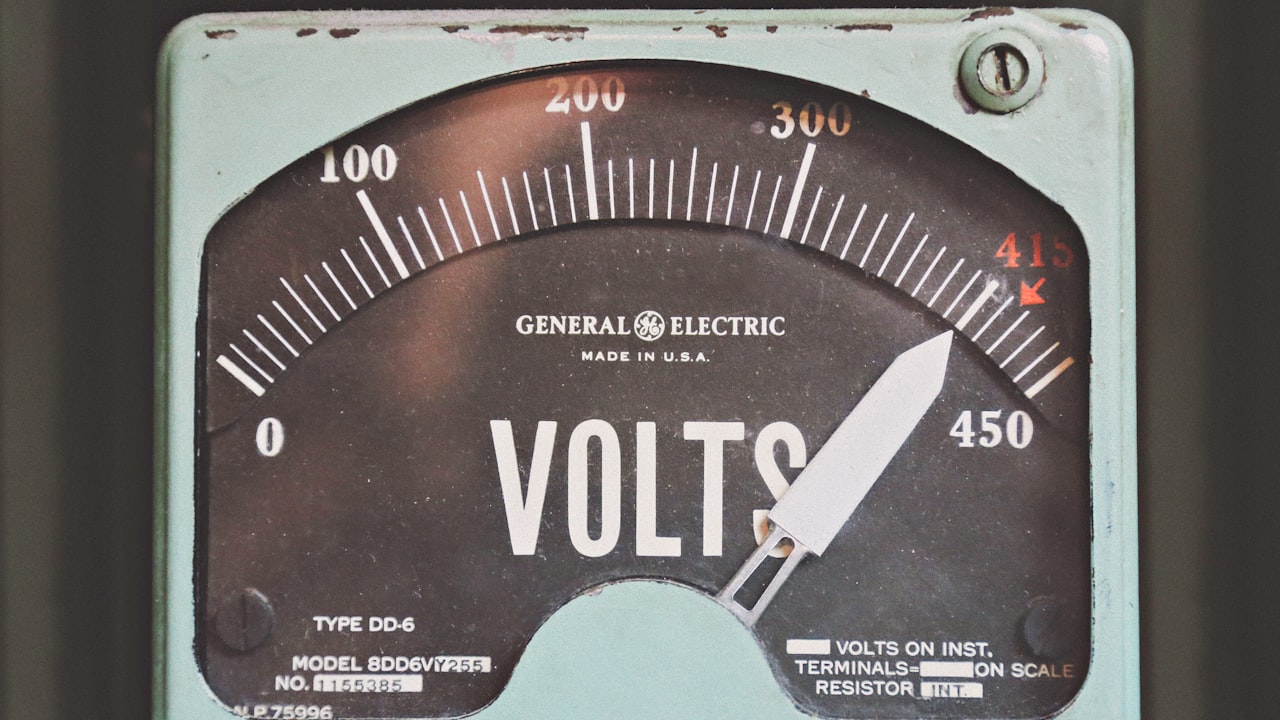 Title: The Role of Pharmaceutical Machinery in Drug Manufacturing
Title: The Role of Pharmaceutical Machinery in Drug Manufacturing
Pharmaceutical machinery plays a crucial role in the drug manufacturing process, ensuring the efficient and precise production of medications that comply with regulatory standards. Key equipment such as table press machines, capsule filling machines, TDP, and THDP are integral to the pharmaceutical industry, enabling the transformation of raw materials into final dosage forms.
Table press machines are essential in the production of tablets, which are one of the most common dosage forms for medications. These machines exert high pressure to compress powdered ingredients into solid tablets of uniform size, shape, and weight. By controlling parameters such as compression force and dwell time, table press machines help ensure the quality and consistency of the final product.
Similarly, capsule filling machines are used to fill empty capsule shells with pharmaceutical formulations. These machines can accurately dispense the desired amount of powder or granules into the capsules, allowing for precise dosing of medications. With options for different capsule sizes and filling technologies, capsule filling machines cater to a wide range of production requirements in the pharmaceutical industry.
TDP (Tablet Press) and THDP (Tablet Press High Speed) machines are advanced versions of table press machines that offer increased productivity and efficiency. TDP machines are commonly used for small to medium-scale production, while THDP machines are designed for high-speed production lines. Both TDP and THDP machines incorporate modern features such as automated feeding systems, powder level sensors, and tablet weight monitoring to enhance production output and product quality.
In drug manufacturing, the proper selection and maintenance of pharmaceutical machinery are crucial to ensuring product quality, consistency, and compliance with regulatory requirements. Manufacturers must adhere to Good Manufacturing Practices (GMP) and other industry standards to guarantee the safety and efficacy of pharmaceutical products. Regular calibration, validation, and cleaning of equipment are essential to prevent cross-contamination and ensure traceability throughout the production process.
Overall, pharmaceutical machinery such as table press machines, capsule filling machines, TDP, and THDP play an indispensable role in drug manufacturing. These advanced equipment facilitate the production of high-quality medications while meeting stringent regulatory standards. By investing in state-of-the-art pharmaceutical machinery and following best practices in manufacturing, pharmaceutical companies can uphold their commitment to delivering safe and effective drugs to patients worldwide.
Word Count: 368





